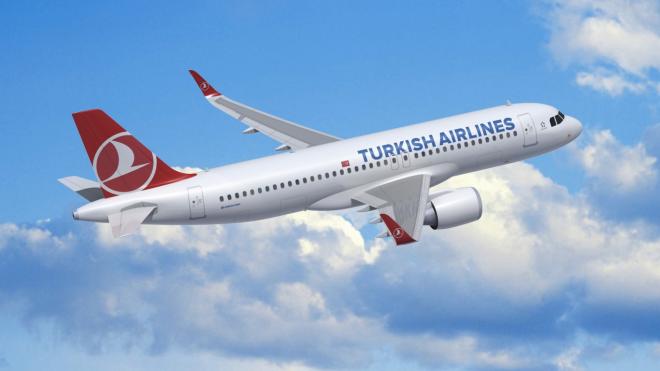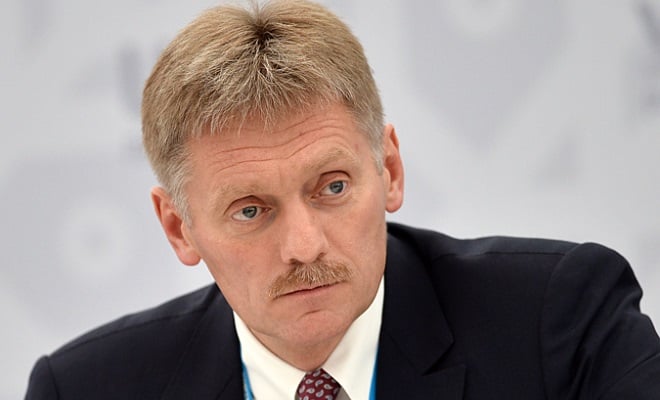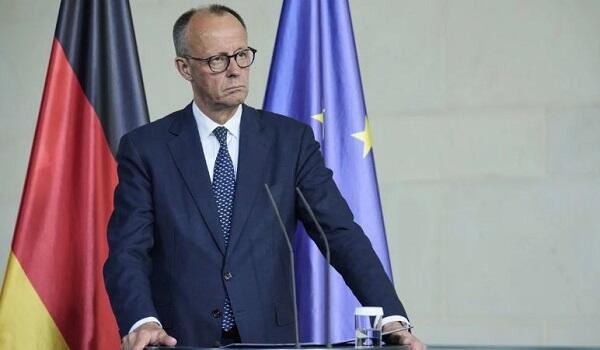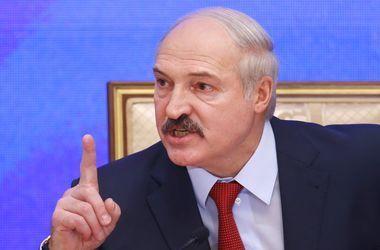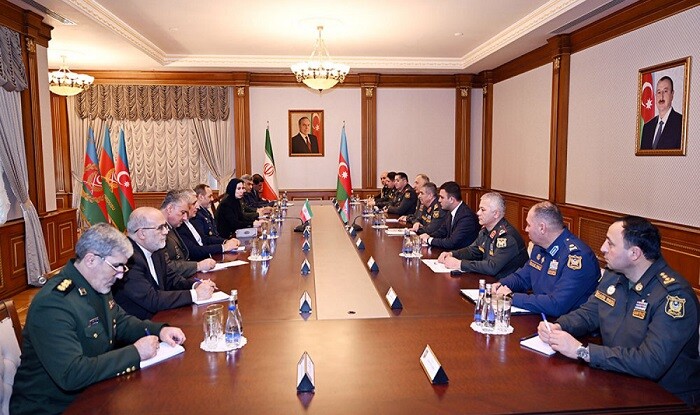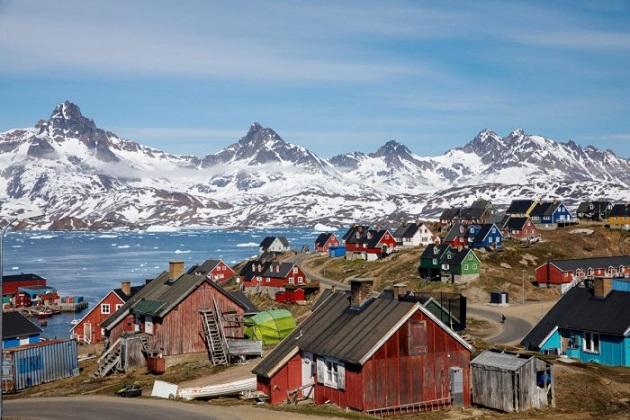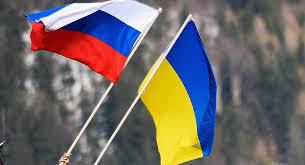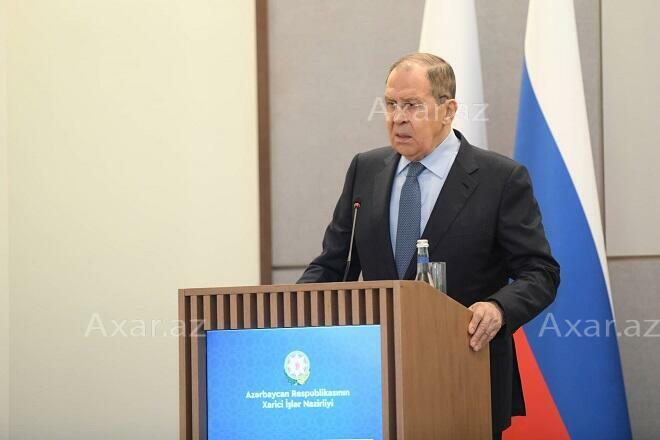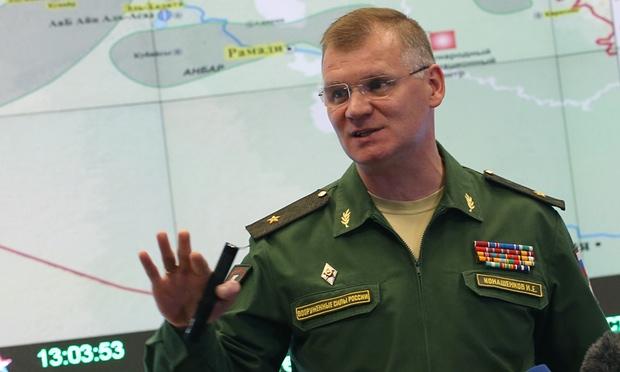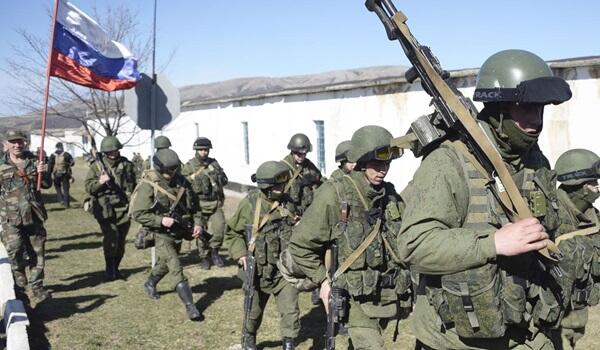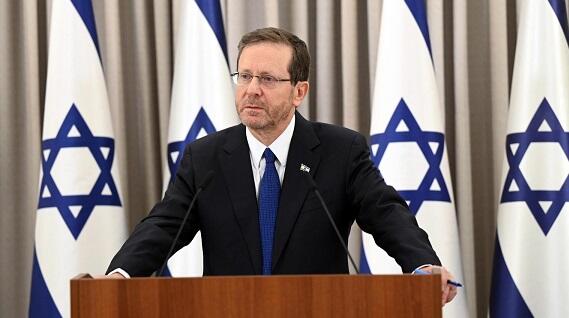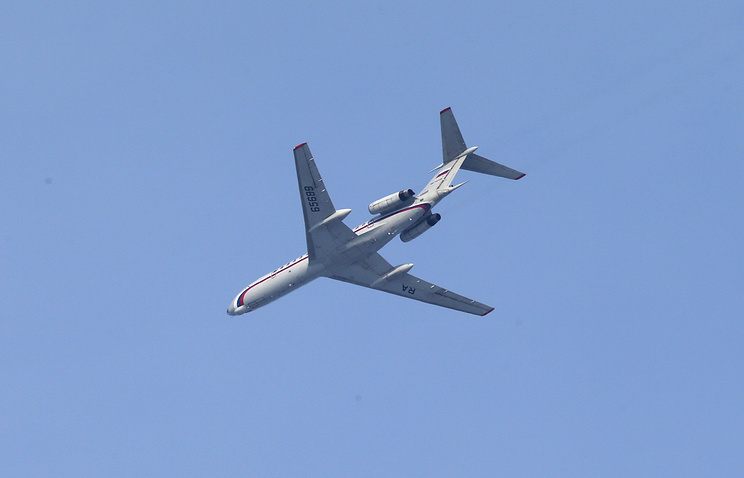Axar.az presents the article "Turkmenistan's promising role in Eurasian integration processes" by Andrew Korybko.
The Central Asian country of Turkmenistan is regarded as mysterious to most observers because of its comparatively closed nature. It's difficult to understand exactly what's going on there at any given time, but nevertheless, it's still possible to analyze its promising role in Eurasian integration processes. The emerging Multipolar World Order is leading to the international community's prioritization of geo-economics over geopolitics, and this paradigm shift in strategic thinking is expected to be embraced by Turkmenistan too.
As it stands, Turkmenistan is currently part of the Economic Cooperation Organization (ECO) of majority-Muslim nations in Central Eurasia stretching from Turkey to Pakistan and from Kazakhstan to Iran. This places the country smack dab in the centre of this regional economic structure. It's perhaps for this reason that its capital was chosen as the site for signing the 2016 Ashgabat Agreement for facilitating trade between that pact's members, which crucially include non-ECO states such as India, Oman, and Qatar.
Regarding India, the South Asian state is investing in the North-South Transport Corridor (NSTC) in Iran with an aim to expand its economic influence in Central Asia. Turkmenistan will naturally benefit from this upon its completion. In addition, a Chinese-Turkmenistani freight link was also established a few years ago which will facilitate trade between the People's Republic and Iran. Most importantly, the resolution of the Azerbaijani-Turkmenistani Caspian Sea dispute in early 2021 will enable the revival of the Lapis Lazuli Corridor (LLC).
That route will connect Turkey with Pakistan via the planned Zangezur Corridor in Armenia that was decreed in spirit as a result of last November's Russian-mediated ceasefire, Azerbaijan, the Caspian Sea, Turkmenistan, and Afghanistan. Since the LLC will contribute to economically stabilizing Afghanistan after the US' impending withdrawal by September 11th of this year, it's arguably the most strategic of all of Turkmenistan's connectivity opportunities and should therefore be prioritized by its leadership.
Altogether, Turkmenistan has three very promising opportunities to play an important role in facilitating Eurasian connectivity. Its location at the centre of these transregional trade routes imbues it with the chance to take advantage of each of them. The increased trade that's expected to transit through the country can help it diversify from its disproportionate budgetary dependence on energy exports. It'll also result in more revenue that can then be invested into further improving the lives of its nearly 6 million people.
